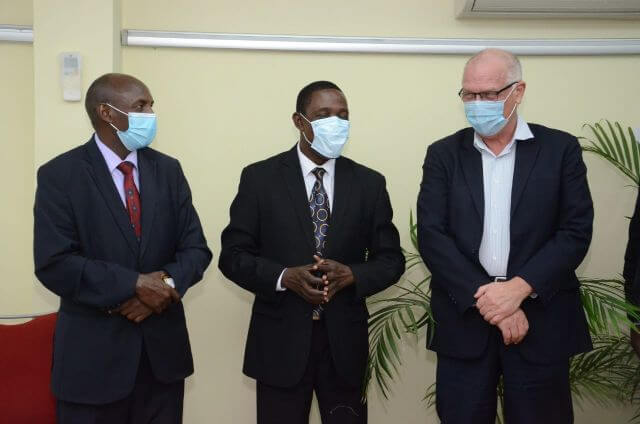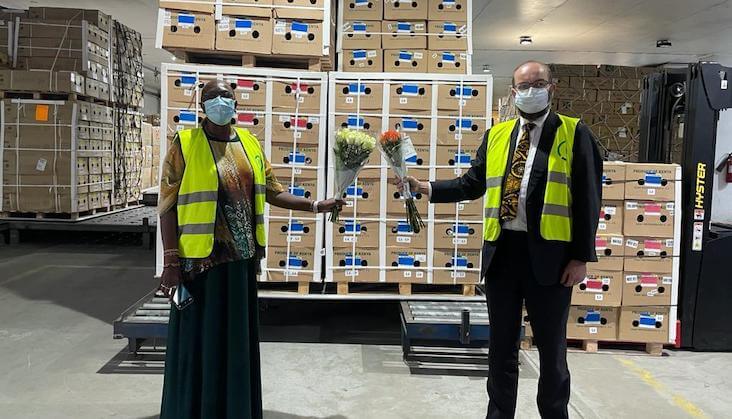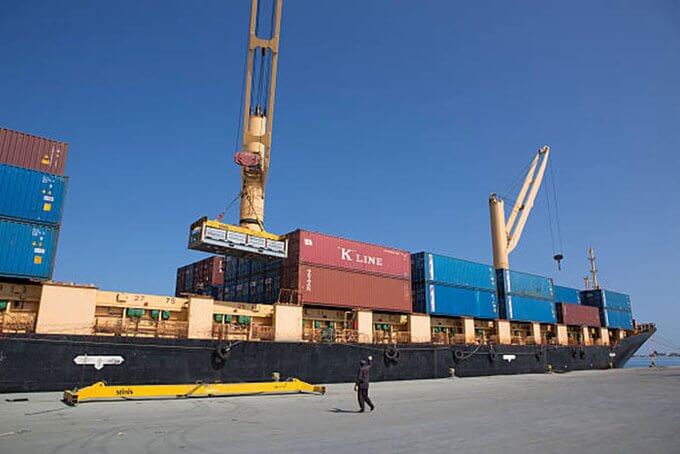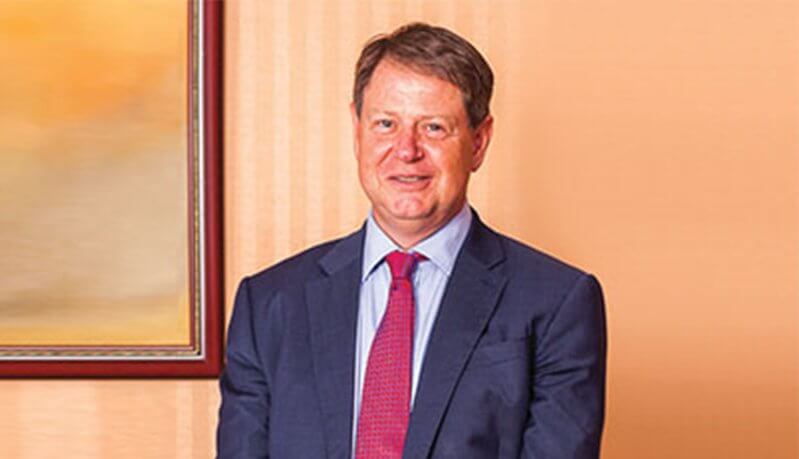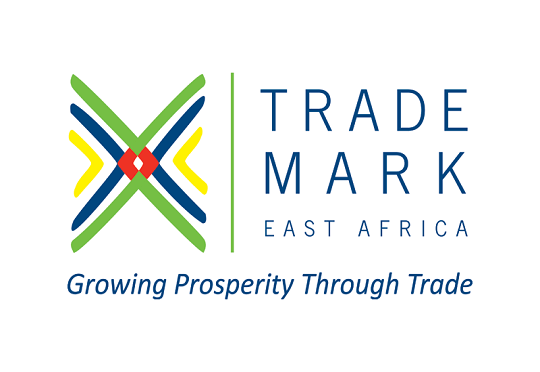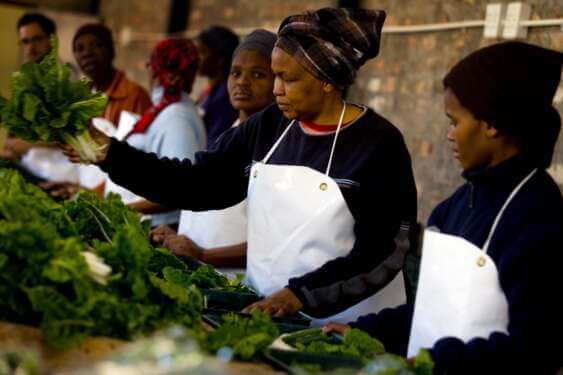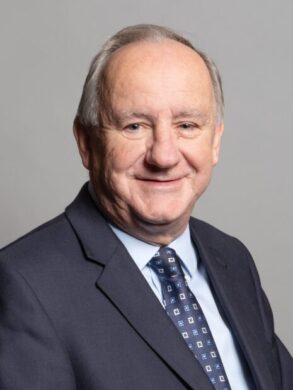The Ministry of Agriculture, Livestock, Fisheries and Cooperatives, has launched an online system to issue import and export permits and licenses in Kenya. The services will be provided by the Agriculture and Food Authority of Kenya (AFA), the government regulatory agency. The system was developed by AFA and TradeMark Africa (TMA) to automate agricultural business processes including issuance of permits and licensing. It has been named the AFA-Integrated Management Information System (AFA-IMIS), an 8-in-1 Single Window Information for Trade (SWIFT) system covering the certification and licensing of trade in cash crops. The system, according to AFA, will provide a platform for delivery of technical and advisory services, market research, product development, regulations and compliance functions for export and import of the cash crops. The development of the system was funded with a contribution of Ksh. 150 million ($1.37 million) by the Government of Denmark. The event was graced by Royal Danish Embassy Counsellor Morgen Strunge Larsen, AFA Director General Mr. Kello Harsama, TMA Senior Director for Trade Environment Mr. Alban Odhiambo and TMA Country Director Mr. Ahmed Farah HSC. Speaking at the event, Director General of AFA Kello Harsama said, “This system will help us serve the agriculture sector well. As AFA we are not only concerned with food that is coming into Kenya, but also food that is being produced in Kenya. Soon we will start surveillance on food grown in Kenya like tomatoes, to enforce regulations on pesticide use and ensure food supplied to markets from our farms...
Kenya automates issuance of cash crop import & export licenses
Posted on: March 16, 2021
Posted on: March 16, 2021

